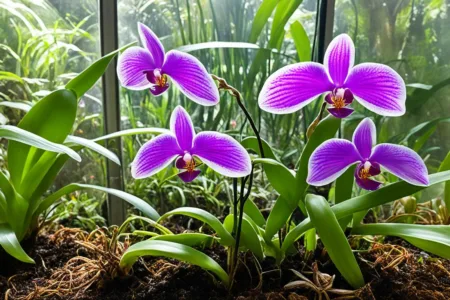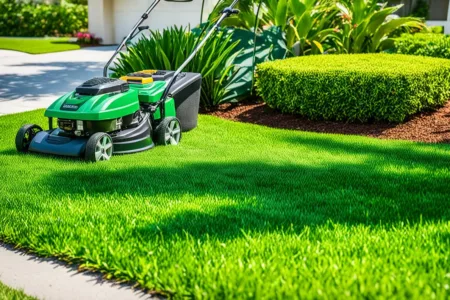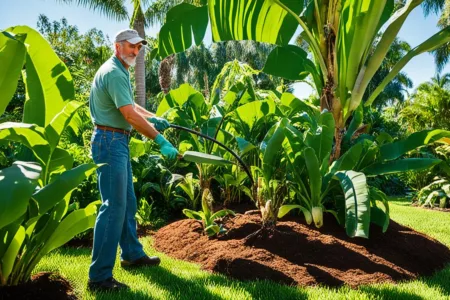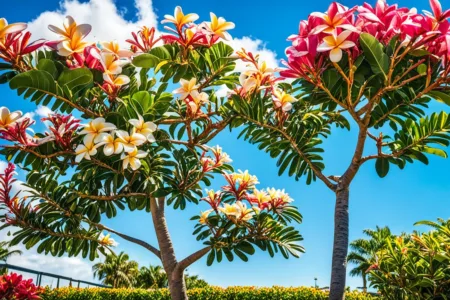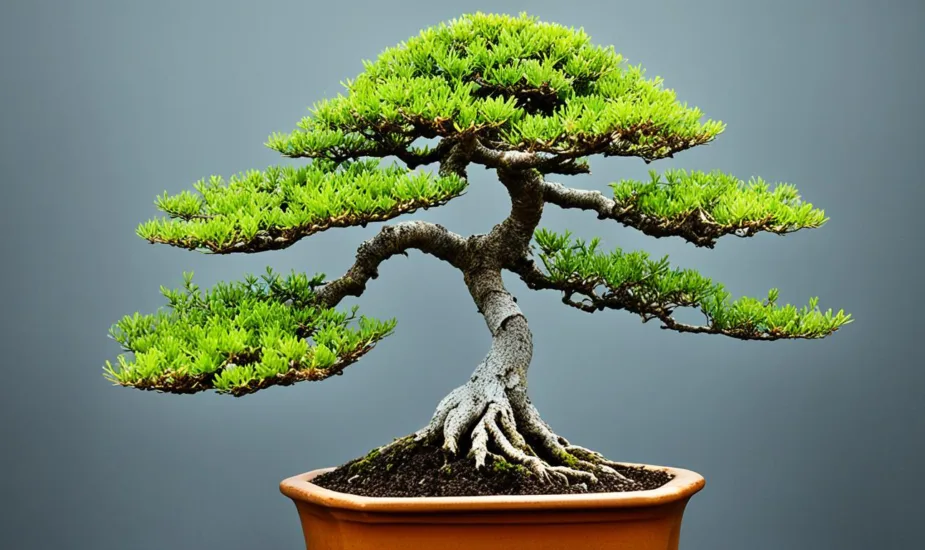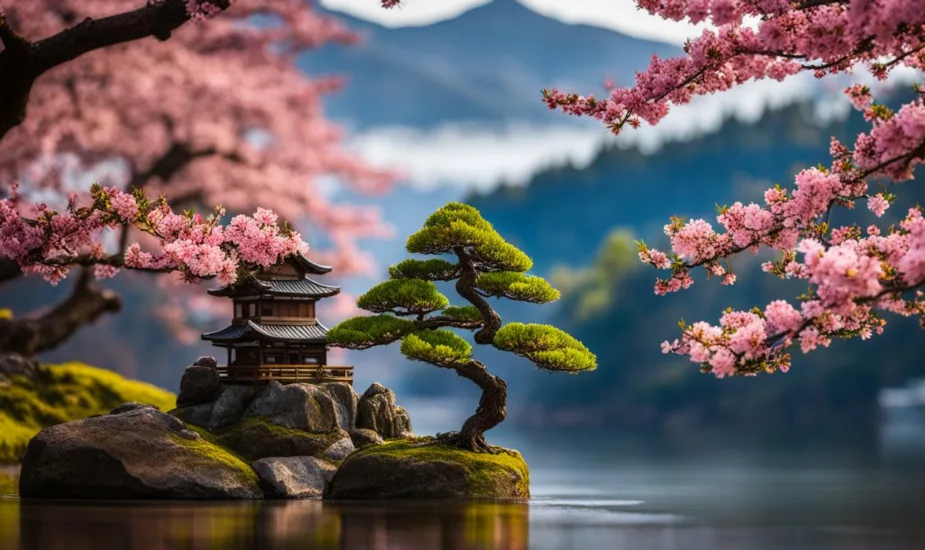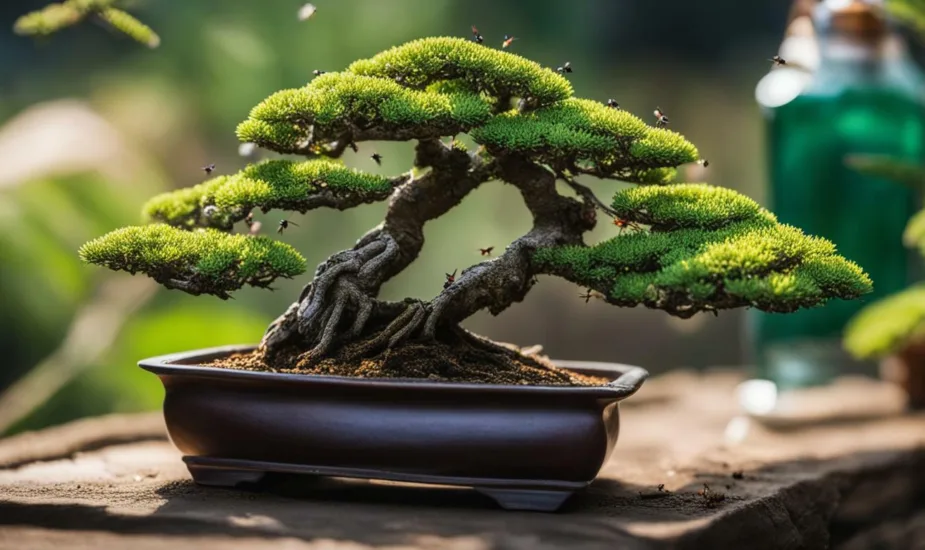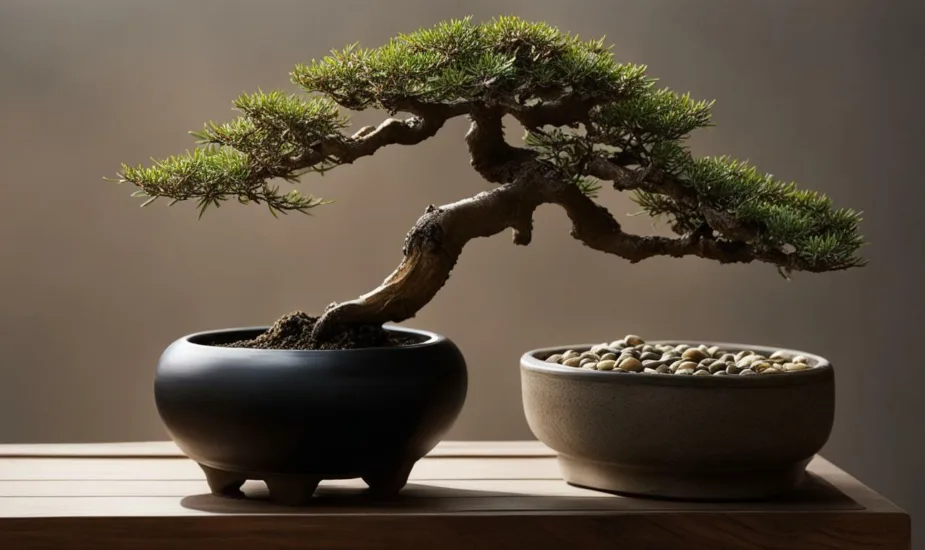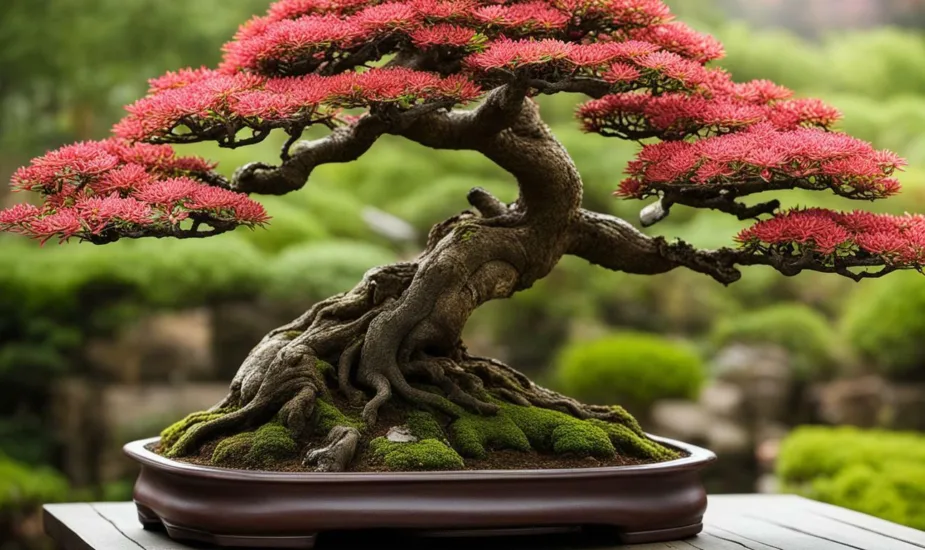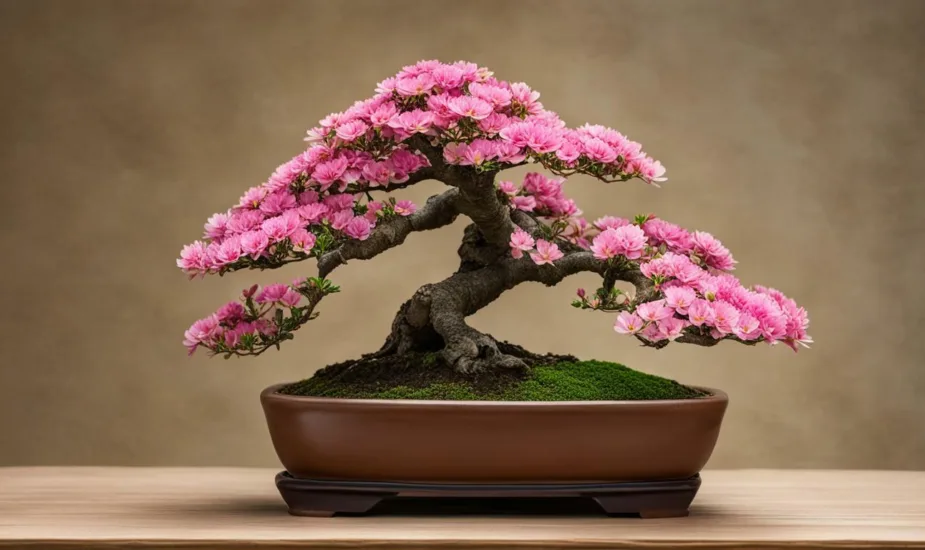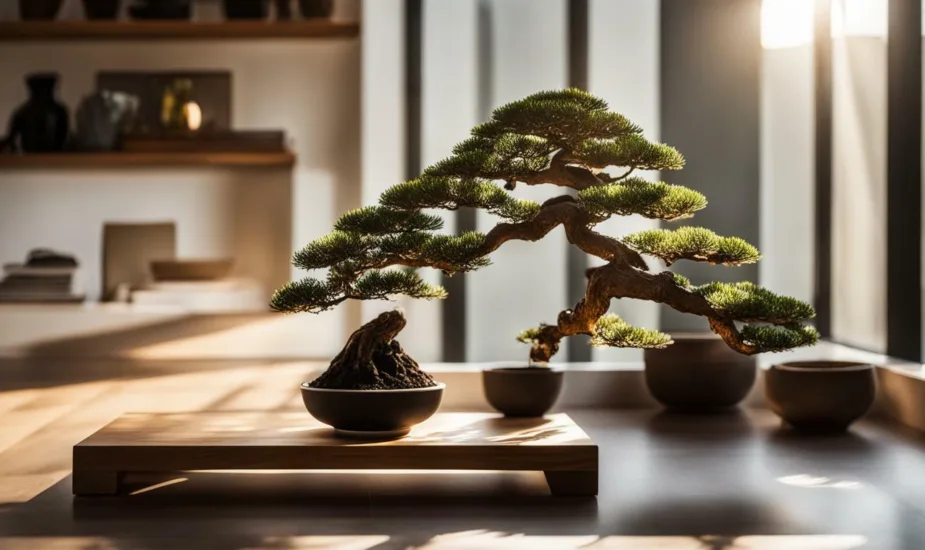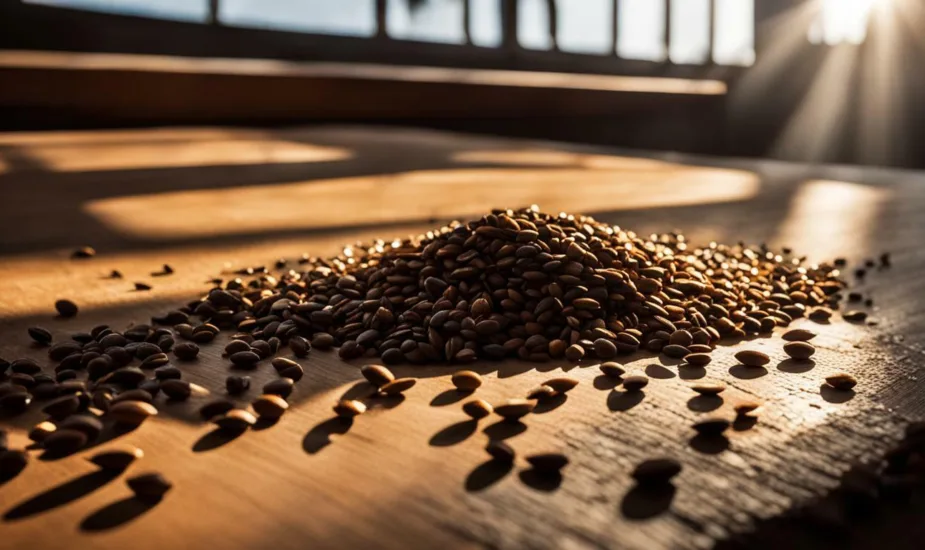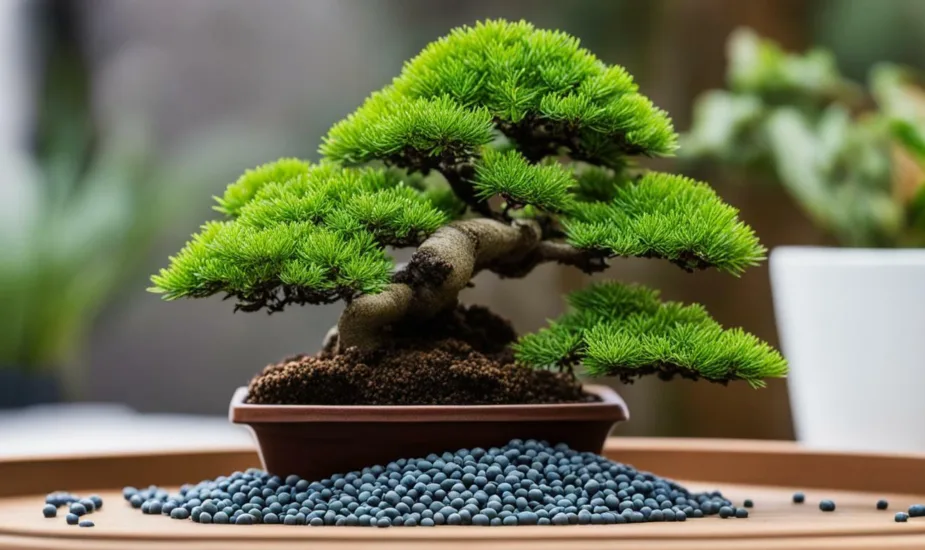Discover What is the Easiest Bonsai Tree to Start With Today!
If you're a beginner looking to embark on a rewarding bonsai journey, it's crucial to know which bonsai tree is the easiest to start with.
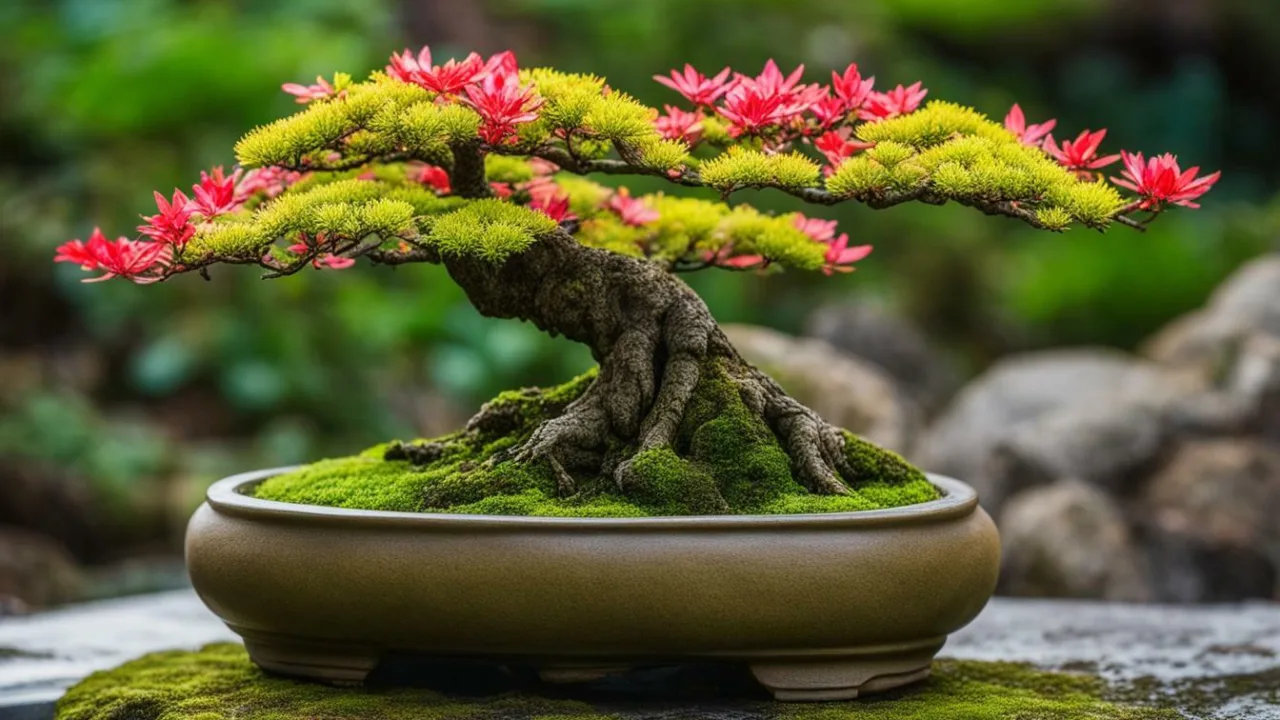
Starting with the right bonsai tree can make all the difference in your success as a beginner. In this section, we will explore some beginner-friendly bonsai tree options and help you choose the best one for your needs.
Key Takeaways:
- Ficus, Chinese elm, juniper, cotoneaster, portulacaria, and rosemary are popular choices for beginner bonsai trees.
- Ficus varieties like Ficus retusa and Ficus ginseng are suitable for indoor growing.
- Chinese elm is versatile and can be grown both indoors and outdoors.
- Junipers thrive outdoors and can handle cold weather.
- Cotoneasters are drought-tolerant and have flexible branches for shaping.
Recommended Bonsai Trees for Beginners
Let’s explore a selection of recommended bonsai trees that are perfect for beginners. Starting on the bonsai journey can be daunting, but with the right tree, it can be a rewarding and enjoyable experience. Here are some beginner-friendly options to consider:
- Ficus: Ficus trees, such as Ficus retusa and Ficus ginseng, are popular choices for beginners. They are known for their adaptability and can be grown indoors. Ficus bonsai trees have attractive aerial roots and glossy leaves, making them visually appealing and easy to care for.
- Chinese Elm: The Chinese elm is another excellent choice for beginners. It is versatile and can be grown both indoors and outdoors. Chinese elm bonsai trees are known for their small, serrated leaves and elegant, gnarled trunks. They are hardy and can handle a wide range of conditions.
- Juniper: Juniper bonsai trees are outdoor enthusiasts. They thrive in full sun and can tolerate cold weather. Junipers have beautiful, needle-like foliage and are known for their ability to withstand harsh conditions. They are a great choice for those who prefer an outdoor bonsai tree.
- Cotoneaster: Cotoneaster bonsai trees are perfect for beginners who want a low-maintenance option. They are drought-tolerant and have flexible branches that are easy to shape. Cotoneasters produce small, white flowers in spring, followed by colorful berries in the fall, adding visual interest to your bonsai display.
- Portulacaria: Portulacaria, also known as dwarf jade, is a beginner-friendly bonsai tree. It is easy to care for and doesn’t require regular watering. Portulacaria bonsai trees have small, fleshy leaves and can be grown indoors or outdoors.
- Rosemary: For those who want an edible bonsai option, rosemary is an excellent choice. It is a versatile herb that can be used in culinary dishes, and its fragrant foliage adds a pleasing aroma to your bonsai collection. Rosemary bonsai trees require full sun and well-draining soil.
These six bonsai tree species are ideal for beginners, offering a variety of options to suit different preferences and environments. Whether you prefer an indoor or outdoor bonsai, a low-maintenance variety, or an edible option, there is a bonsai tree for everyone. Remember to research the specific care requirements of each tree to ensure its proper growth and longevity. Happy bonsai gardening!
| Bonsai Tree Species | Indoor/Outdoor | Maintenance Level | Notable Features |
|---|---|---|---|
| Ficus | Indoor | Low | Aerial roots, glossy leaves |
| Chinese Elm | Indoor/Outdoor | Medium | Small, serrated leaves, gnarled trunks |
| Juniper | Outdoor | High | Needle-like foliage, cold-hardy |
| Cotoneaster | Outdoor | Low | Flexible branches, colorful berries |
| Portulacaria | Indoor/Outdoor | Low | Small, fleshy leaves |
| Rosemary | Outdoor | Medium | Edible, fragrant foliage |
“Bonsai is about nature, art, and patience. It brings joy and tranquility to your life.” – Unknown
Beginner Bonsai Tree Selection Tips
When selecting a bonsai tree as a beginner, there are a few key factors to consider:
- Choose a tree species that matches your environment. If you have limited indoor space, opt for an indoor-friendly bonsai tree like Ficus or Chinese Elm. If you have an outdoor garden, consider outdoor varieties like Juniper or Cotoneaster.
- Consider the maintenance level. Some bonsai trees require more care and attention than others. If you’re a beginner, it’s best to start with a low-maintenance option like Portulacaria or Cotoneaster.
- Research the specific care requirements of each tree species. Different bonsai trees have different needs in terms of watering, fertilizing, pruning, and sunlight exposure. Understanding these requirements will help you provide the best care for your bonsai.
- Choose a tree that resonates with you aesthetically. Bonsai trees come in various shapes, sizes, and foliage types. Select a tree that you find visually appealing and suits your personal taste.
By considering these factors and exploring the recommended bonsai tree options for beginners, you can find the perfect bonsai tree to start your journey into the world of bonsai.
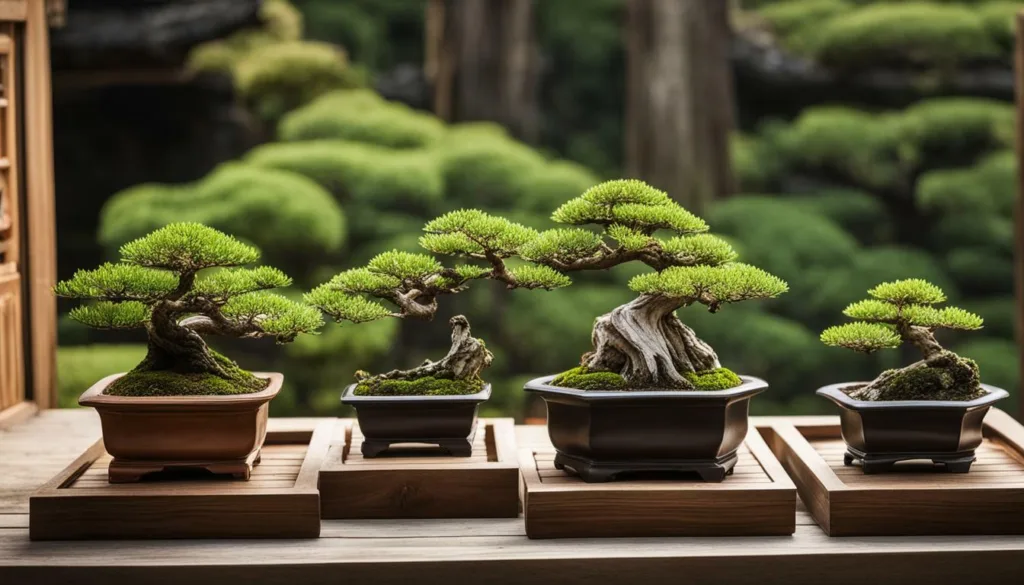
Choosing the right bonsai tree as a beginner involves considering various factors and understanding the level of maintenance required. When starting your bonsai journey, it’s important to select a tree that suits your lifestyle and preferences. Beginner bonsai trees should be low maintenance, allowing you to focus on learning the art of bonsai without overwhelming care requirements.
Among the popular options for beginners are ficus, Chinese elm, juniper, cotoneaster, portulacaria, and rosemary. Ficus varieties like Ficus retusa and Ficus ginseng are excellent indoor bonsai trees, ideal for those who prefer to cultivate bonsai indoors. Chinese elm, on the other hand, offers versatility as it can be grown indoors or outdoors, providing you with more options based on your available space and climate.
If you have access to an outdoor area, junipers are a great choice as they thrive in outdoor environments and can withstand colder weather conditions. Cotoneasters are another option for outdoor bonsai enthusiasts, as they are drought-tolerant and have flexible branches that can be easily shaped. For those looking for a low-maintenance indoor bonsai, portulacaria, also known as dwarf jade, is an excellent choice. It requires infrequent watering and can tolerate neglect better than other varieties. Additionally, rosemary bonsai offers the added benefit of providing aromatic herbs for culinary purposes, making it a practical and aesthetically pleasing choice for beginners.
Remember, selecting the right bonsai tree is crucial for beginners, as it sets the foundation for your bonsai journey. By considering factors such as indoor or outdoor suitability, maintenance requirements, and personal preferences, you can find the perfect beginner bonsai tree that aligns with your interests and fits seamlessly into your lifestyle. The six options mentioned above – ficus, Chinese elm, juniper, cotoneaster, portulacaria, and rosemary – provide a diverse range of choices to start your bonsai journey on the right foot.
FAQ
What are some popular bonsai tree options for beginners?
Some popular bonsai tree options for beginners include ficus, Chinese elm, juniper, cotoneaster, portulacaria, and rosemary.
Can ficus bonsai trees be grown indoors?
Yes, ficus varieties like Ficus retusa and Ficus ginseng are suitable for indoor growing.
Are Chinese elm bonsai trees versatile in terms of indoor and outdoor growing?
Yes, Chinese elm bonsai trees can be grown indoors or outdoors, offering flexibility to beginners.
Do juniper bonsai trees thrive outdoors and handle cold weather?
Yes, juniper bonsai trees thrive outdoors and can handle cold weather.
Are cotoneaster bonsai trees drought-tolerant?
Yes, cotoneaster bonsai trees are drought-tolerant and have flexible branches for shaping.
Do portulacaria bonsai trees require regular watering?
No, portulacaria bonsai trees, also known as dwarf jade, are easy to care for and do not require regular watering.
Can rosemary bonsai trees provide both culinary herbs and a pleasing bonsai shape?
Yes, rosemary bonsai trees are an edible option that can provide both culinary herbs and a pleasing bonsai shape.
How important is selecting the right bonsai tree for beginners?
Selecting the right bonsai tree is essential for beginners to ensure a successful and enjoyable bonsai experience.
Where can I find more information about beginner bonsai tree selection and care?
For more information about beginner bonsai tree selection and care tips, you can refer to reputable bonsai resources, such as books, websites, or consult with experienced bonsai enthusiasts.
 Little Garden Tips
Little Garden Tips
